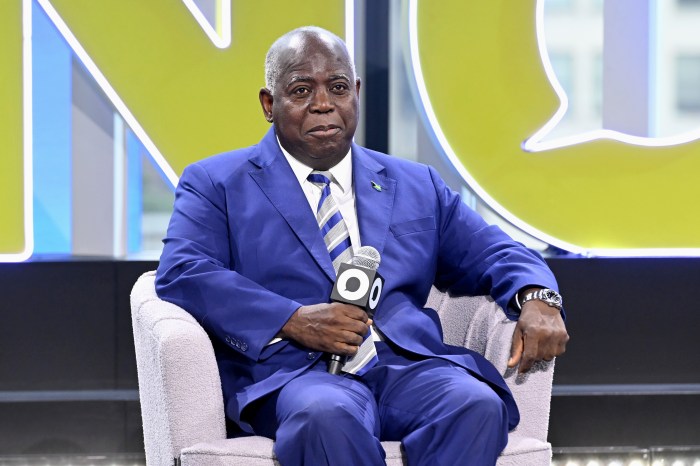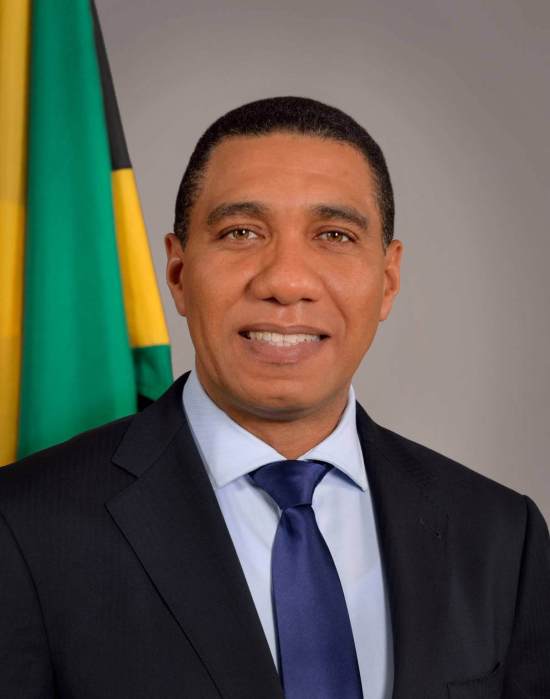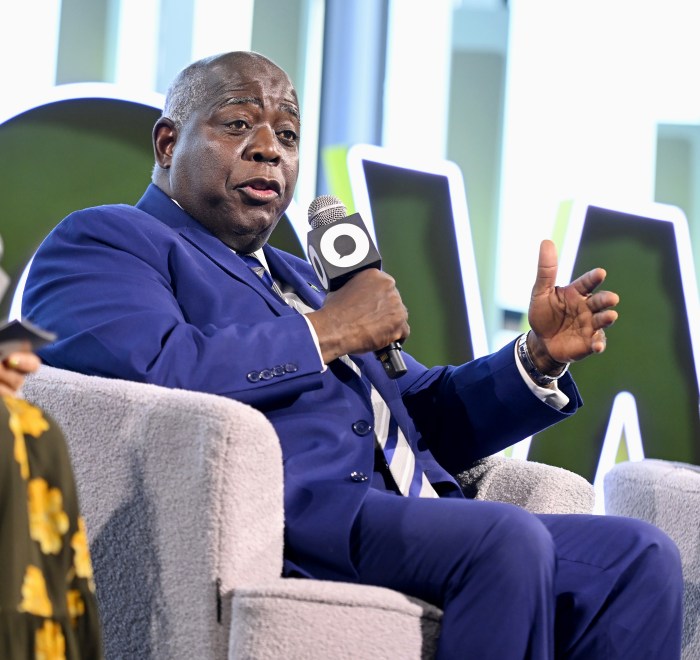The British Privy Council or Britain’s highest appeals court, will later this month rule on whether a child born out of wedlock to an unmarried Bahamian woman and a local father is entitled to citizenship at birth in The Bahamas.
Because The Bahamas is not a party to the Trinidad-based Caribbean Court of Justice (CCJ), the British court is still its final judicial arbiter so it will hear arguments on Jan. 17 as to whether current Bahamian law will be allowed to stand.
Authorities recently appealed a 2020 decision by a Bahamian court that any person born in the mini archipelago off Florida is entitled to citizenship as stated in the constitution if any of the child’s biological parents is a citizen. Whether the parent is married or not is of no value, Chief Justice Ian Winder had ruled.
Dissatisfied with the ruling, the cabinet had said it prefers a final, binding ruling from The Privy Council as a previous court had ruled that children born out of marriage to a Bahamian were entitled to citizenship.
The issue has been a major political bugbear for successive governments as The Bahamas has a large expatriate population that authorities say might be as much as 30 percent or more of an estimated headcount of about 350,000. Many are descendants of Haitian boat people and professionals who have sought work and a better living in the tourism paradise. Others are from nearby Jamaica and other Caribbean Community nations.
Some of the defendants who have challenged local legal statues are of Jamaican and Haitian descent.
Last year, the administration of Prime Minister Phillip Davis had reiterated its intention to change local laws preventing a Bahamian woman from passing citizenship to the child of a foreign spouse born overseas. In the case of local men, they too have restrictions as they are prevented from doing so as well if they have children with a foreign woman out of wedlock even if the young ones are born in The Bahamas.
Bahamians had voted against proposed changes in two previous referendums — 2016 and 2002 — but authorities said recently that the old laws will be amended through ordinary parliamentary legislation this time around. This is despite the ruling by Justice Winder while he was an ordinary high court judge that any and everyone born in the country shall become a citizen at their date of birth irrespective of the marital status of the parent according to the Guardian newspaper. Wilder has applauded recent moves for a definitive ruling.
“I think you would be hard-pressed to find anyone publicly at least to say that our laws do not need reform to bring gender parity with respect of the constitution. I applaud the government, the executive and the legislative in any effort that they may do to bring this into effect but that’s their mandate, that’s their remit,” he said.



























